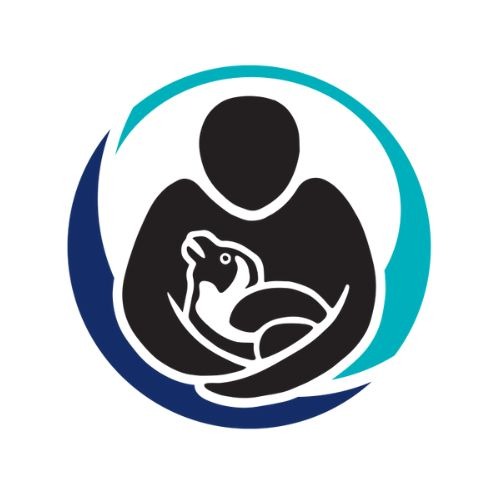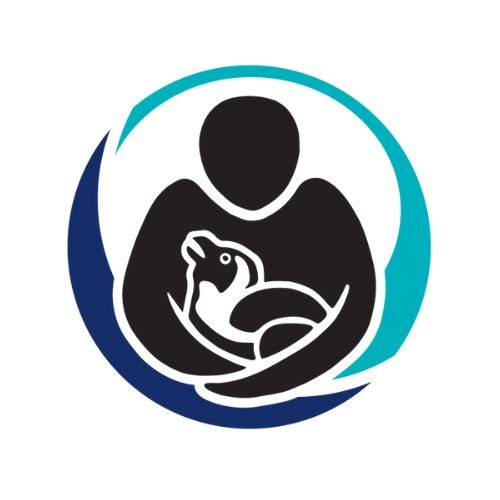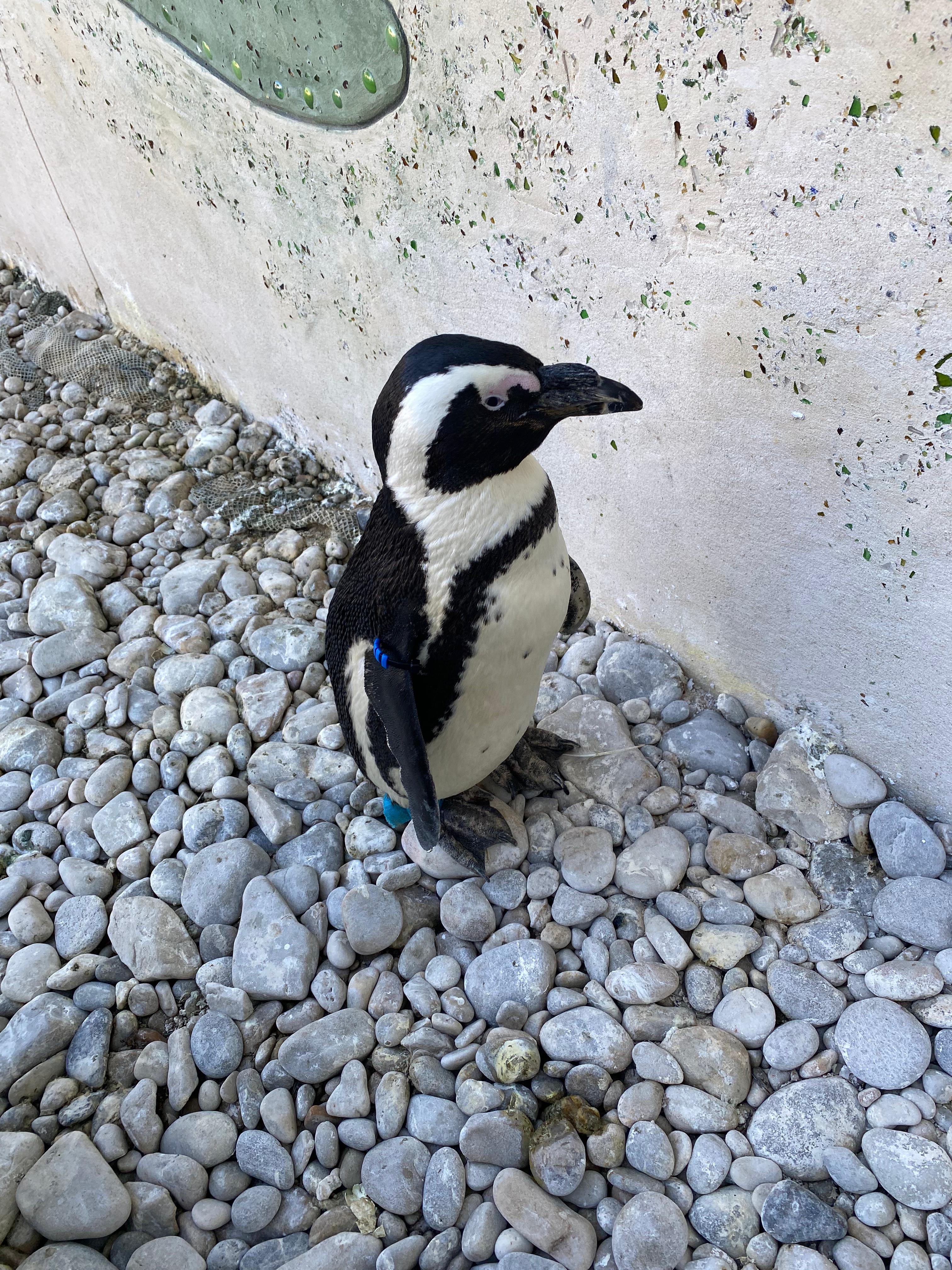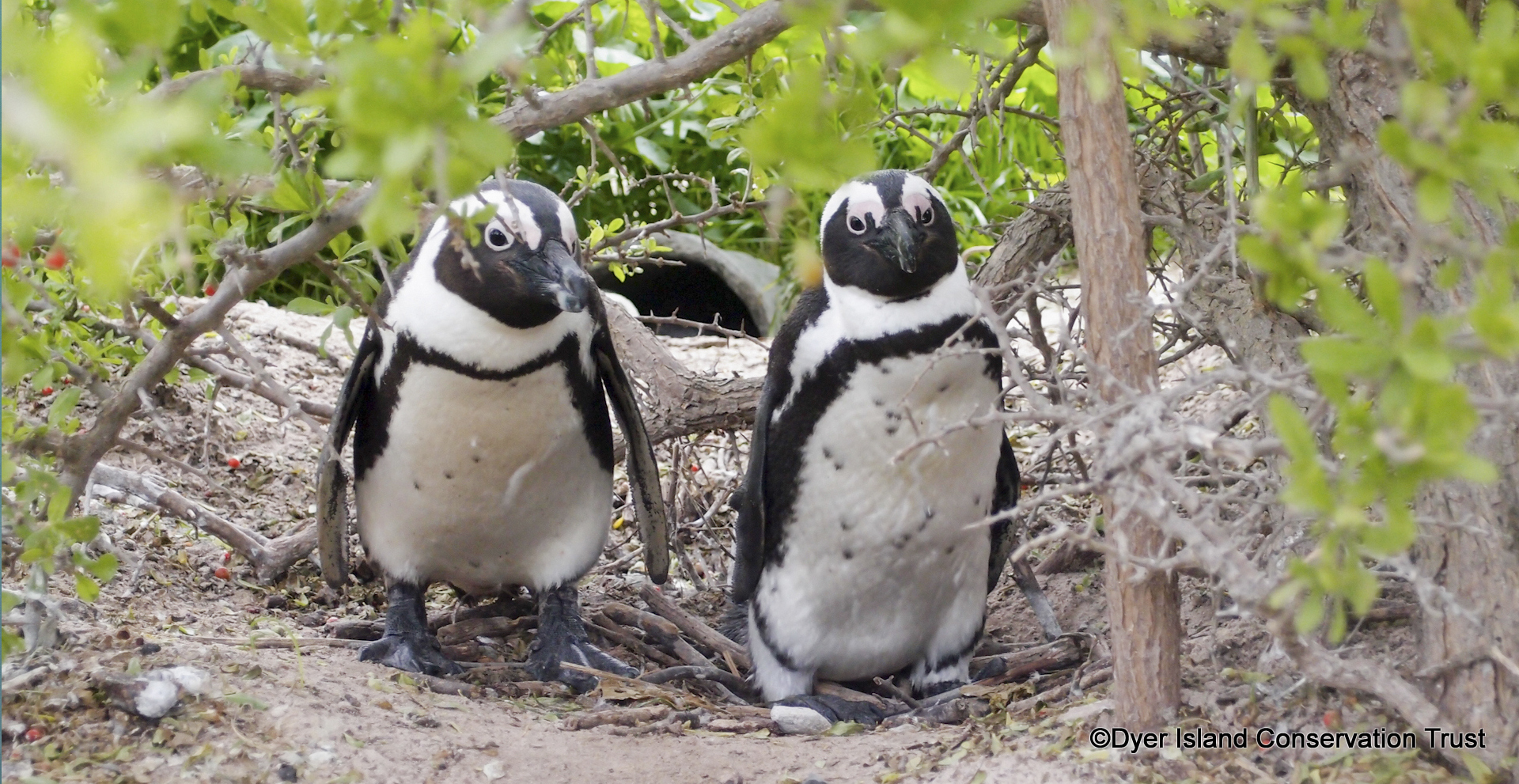Family Movie Night at the Penguin Sanctuary
End the school holidays with a fun and educational experience!
 African Penguin & Seabird Sanctuary
African Penguin & Seabird Sanctuary


The African Penguin & Seabird Sanctuary is a key conservation project of the Dyer Island Conservation Trust, registered as a non-profit organisation since 2006.
Since its opening in 2015, the African Penguin & Seabird Sanctuary has welcomed local visitors, school groups and international tourists to share knowledge that will lead to the continued conservation and rehabilitation of African penguins and other seabirds.

The African Penguin & Seabird Sanctuary offers vital care for abandoned, injured, diseased, and oiled marine birds, with a dedicated focus on the endangered African Penguin.
By welcoming tourists and school groups, the sanctuary plays a key role in educating visitors about the African Penguin and other vulnerable seabirds.
African Penguin & Seabird Sanctuary Rescue:
The African Penguin & Seabird Sanctuary is proud to be part of the Turtle Stranding Network.
The team will ensure turtles in need reach the Two Oceans Aquarium.
Each year, thousands of loggerhead and leatherback sea turtles hatch on the beaches of northern KwaZulu-Natal, beginning their journey to the sea, where they are carried southward by the warm Agulhas Current.
However, many hatchlings face intense predation and strong currents, leading them to the Cape's south coast. Stunned by the cold, weakened, and often injured, many eventually wash up stranded on Overstrand beaches. As sea turtles are temperate-water animals, they struggle in the icy Cape waters and require urgent assistance.
Coming across a sea turtle on the beach or in the shallows is cause for concern and a quick response time is imperative for survival.
Please remember that, like humans, sea turtles must breathe air. If a turtle can't lift its head above water, is covered with a towel or sand, or is placed in a closed container, it will suffocate.
For turtle or any other marine animal strandings, notify the African Penguin & Seabird Sanctuary Rescue Line, and they will relay the information to the appropriate network.

African Penguin & Seabird Sanctuary is affiliated with Dyer Island Conservation Trust.
Dyer Island Conservation Trust is committed to local research as a primary sponsor of the Dyer Island Conservation Trust. This means that your choice of whale-watching tour operator makes a difference in the conservation of all the animals you see.
Dyer Island Conservation Trust delivers unique conservation and research programmes in the fragile Dyer Island marine ecosystem. Research programmes include the African Penguin and Seabird Sanctuary, the African Penguin Nest Project, great white shark research, dealing with marine pollution, environmental education and marine8.
Read more about Dyer Island Conservation Trust here.
“Go to the African Penguin & Seabird Sanctuary at 15:00 to see the penguin feeding. The volunteers interact nicely with the birds and share lots of interesting information. There is also a cafe with cake and drinks. They also have a gift shop. 100% of all the profit from the cafe goes to the penguins. Local children have made bracelets and 100% of that profit also goes to the penguins. I enjoyed my visit.” Coralie Pettenden
“African Penguin & Seabird Sanctuary was amazing. What a wonderful conservation effort. We loved getting to know the penguins. The coffee and cake was also lovely.” Ingrid de Wet
What a beautiful little sanctuary. It's free of charge to go in and it's jam-packed with info. The penguins are rehabilitated and well looked after. The lady on duty was knowledgeable about the penguins and answered all our questions. She was friendly and kind and we had a lovely time. There is a little coffee shop on site. You can also buy curios. There are beautiful, clean restroom facilities.” Jessica Viljoen
“African Penguin & Seabird Sanctuary is a truly amazing place. They are at the cutting edge of conservation. They have friendly guides. Best coffee and cake! Magic gifts.” Cabri van Zyl
“It's amazing that volunteers keep the African Penguin & Seabird Sanctuary afloat through their incredible hard work and commitment. The penguins are brought in from Dyer Island and cared for until they are old enough or fit enough to be returned to their natural habitat. You can take a walk-through and have a look at the penguins. There's also merch and coffee if that's your thing. They have clean bathrooms on site and best of all, the whole thing is free. There's no excuse - go there now!” Duncan Alfreds